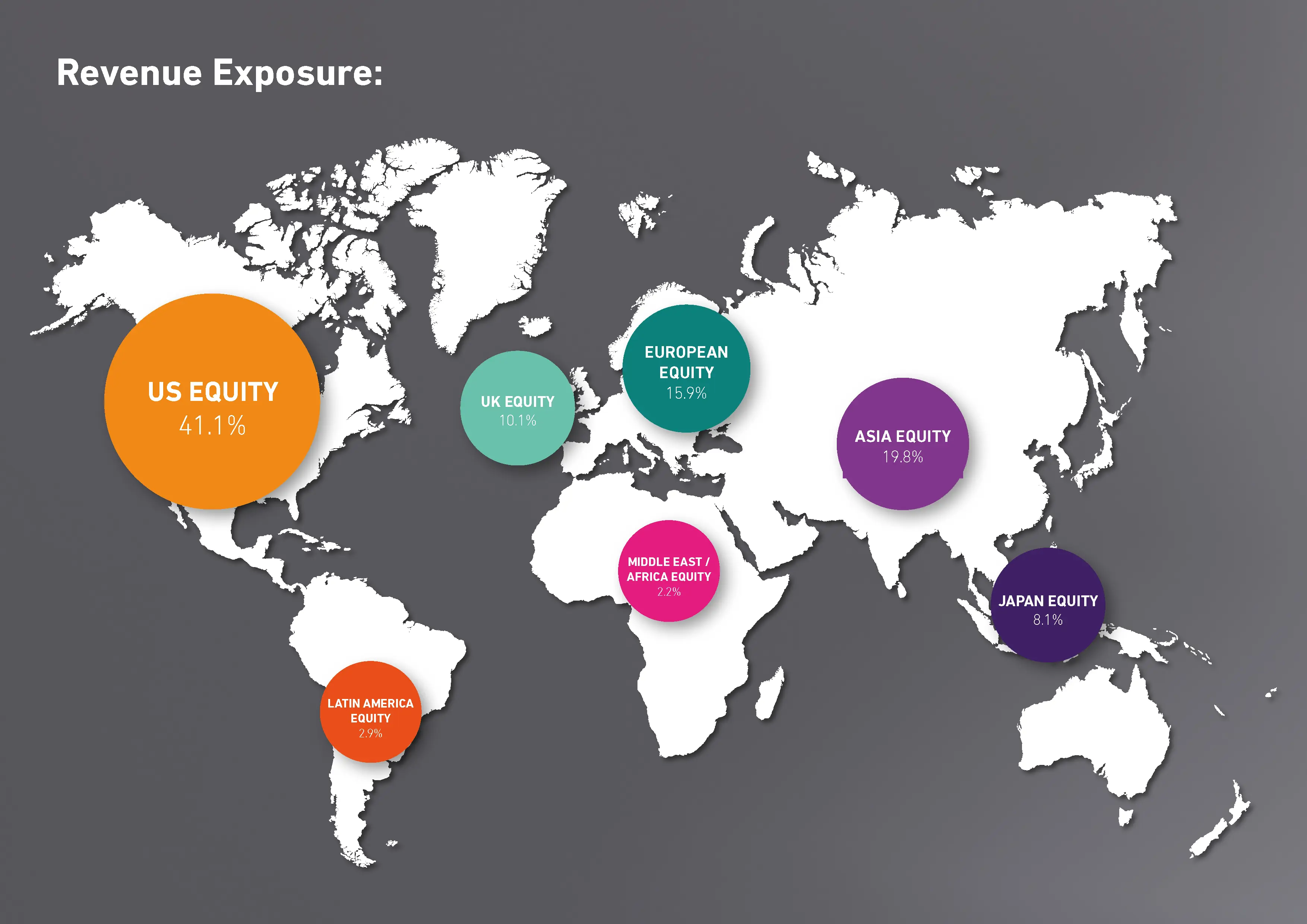
British politics collides with economics
A unique week
It’s been an extraordinary week for anyone living in the UK.
Until last Friday, we were one of many developed countries dealing with the myriad economic challenges in the world. We’d recently lost our Queen, but still had some confidence that her elected government of the past decade was up to the task.
Until last Friday, our national standing in the global hierarchy was – as usual – somewhere between the Americans and the various European nations.
Until last Friday, we were in a similar policy boat to everyone else in the West, in broad agreement about how best to tackle the rough waters ahead.
Until last Friday.
23 September’s ‘fiscal event’ changed all that. Whether it was ignoring the economic ramifications of spending without accompanying taxation, or the absence of political understanding and empathy, Liz Truss and Kwasi Kwarteng delivered for almost no-one. Suddenly, it turned out that our ship’s captain and crew had never sailed before, didn’t have a map, and refused to believe in storms. Confidence in the seaworthiness of the UK boat took a real knock.
It’s been a scary time for many people, and understandably so. The financial market response to the last seven days has been swift and cruel to UK assets. The pound has plunged, bond yields are rising, and high street banks are withdrawing mortgages. These things affect our day-to-day lives: how much goods cost, the value of our assets, and of course our ability to think about the future.
We’ve come through several difficult challenges over the past few years, and it is draining. Whether Brexit (and the divisions it causes), or COVID-19, or climate change, or energy prices, waking up every day to uncertainty and stress is NOT good for us. The last week has felt even more distressing since the people in charge – the government who we usually look to for rescue – are the ones who’ve created the mess.
What’s next?
One of the most tempting things to say to reassure people is that everything will calm down shortly, that things will get easier and that something will be done. But it’s not that simple. UK politics is unpredictable, and it’s not necessarily clear what the confidence-restoring action would be.
Instead, we want to acknowledge that things are uncertain and unpleasant – and that might not change quickly for the better. In such an environment, we can’t just hunker down and wait for things to pass. We have to keep living our lives, and we need to try and avoid panicking – whether as investors, portfolio managers or simply, citizens of this country.
It’s always hard to take a breath when we’re scared and keeping a sense of perspective is even harder when the events are happening in our own backyard.
However, from a social point of view, we should remember that normal life will continue. Schools will still open, hospitals will function, and trains will still run. We might spend a lot of time talking about politics over the next couple of weeks – but it will be in our usual pubs and bars, or restaurants, or with friends. And at some point, the economy will pull through. It always does.
A global investment perspective
From an investment point of view, a sense of perspective is also helpful. With so much going on, the last thing you need is to be worrying about your investment portfolio. And you don’t need to. Our portfolios don’t need to wait for the UK to recover.
We often talk about the benefits of diversification in our portfolios, spreading risk across assets, sectors and countries. Most of the time, it doesn’t get too much thought; risk management is rarely exciting (sorry Risk Management team). But at times like this it becomes incredibly powerful.
The particular problems facing us this week are British ones. British politics and policy. Which means that non-UK assets are likely to be insulated from some of the damage. And we know that every part of every portfolio has some of those insulators already in place.
When it comes to the stocks we own, we look through to where the companies make their money, rather than just where their headquarters is. So, the likes of AstraZeneca, BP and Shell, while ‘based’ in the UK, make less than 10% of their money here. Drinks company Diageo and consumer goods company Unilever make less than 5% of their money in the UK. Applying the same analysis across all of our investments gives the map below, for a balanced portfolio. Our exposure to the UK economy is less than 10% – which is reassuring at times like this.

Similarly, if we look at the bond portion of portfolios, again our exposure is limited. In a Balanced portfolio, our total exposure to UK government bonds is less than 4%. And of course, there’s foreign currency: around 40% of portfolios are in non-GBP currencies – helpful when the pound is under pressure.
Of course, in the heat of the moment (where we are currently) markets can overreact, and all move together before the insulating properties come into play. We’ve seen it before; for example, on the night of the Brexit vote in 2016, US and Japanese stocks lost over 5%, somewhat ridiculously on the back of an event which had no ramifications for those countries or markets. But over the next couple of days, reality crept back in, and things bounced back.
And that’s a reasonable guide to what might happen here in global markets. It seems unlikely that Liz Truss will suddenly take the reins of the United States, or that Kwasi Kwarteng will start managing European fiscal policy. Geographical diversification, in this case, is also political diversification.
Having a clear idea of our diversification allows us to take a breath as investment managers. We can respond to events if needed, rather than because we’re panicked. At the moment, we’re defensively positioned across the board, with low allocations to equities, whether in the UK or abroad. There will come a time when we need to shift the other way, but we have plenty of time to prepare for it.
Find out more




You can download the commentary as a PDF here.
I confirm that I am a Financial Adviser, Solicitor or Accountant and authorised to conduct investment business.
If you do not meet this criteria then you must leave the website or select an appropriate audience.

